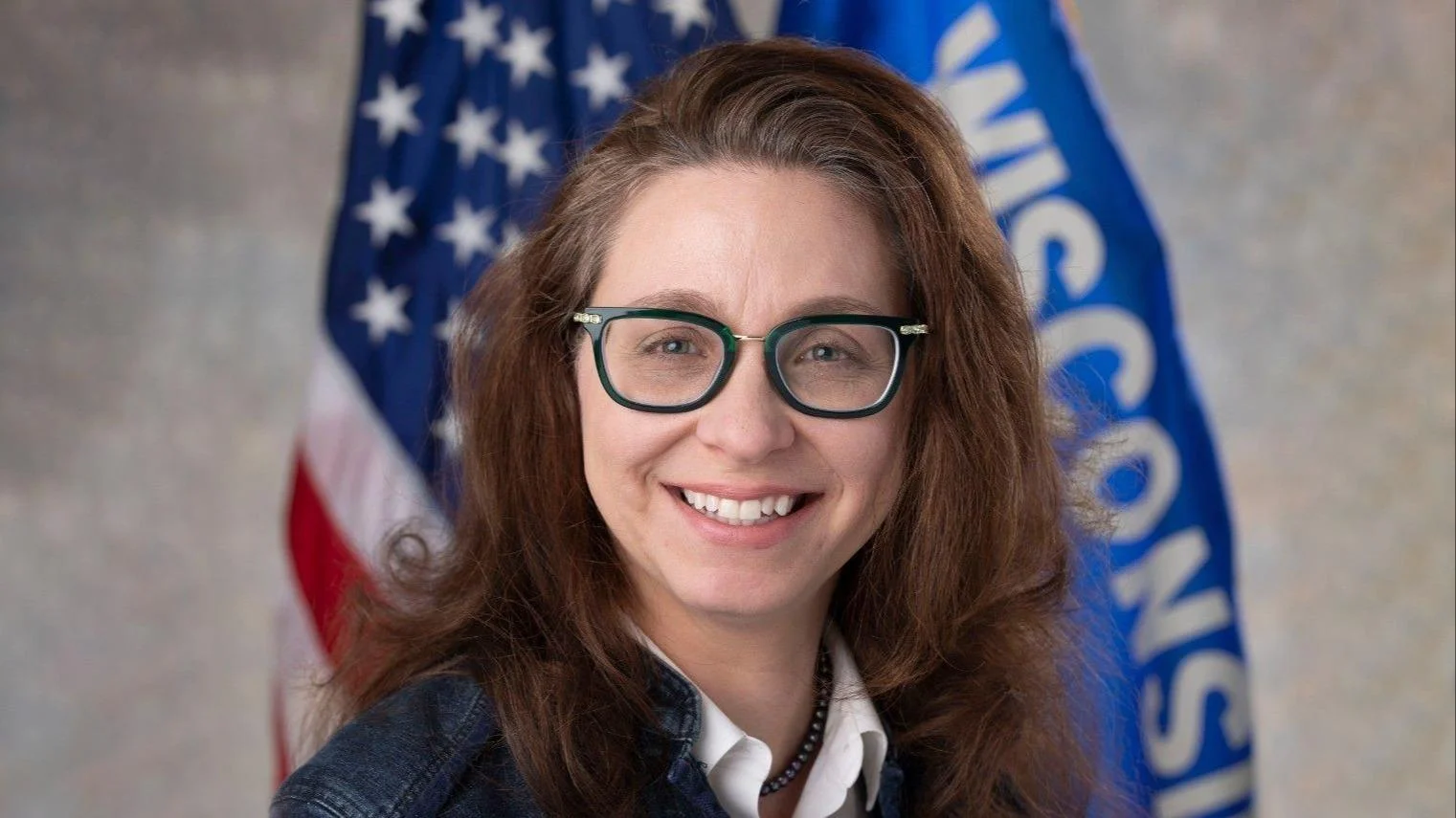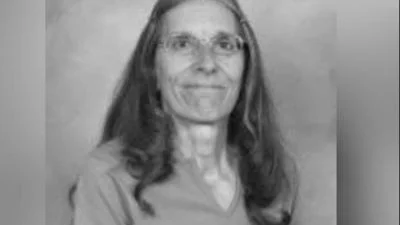Rachael Cabral-Guevara, Wisconsin State Senator for 19th District | Official website
Rachael Cabral-Guevara, Wisconsin State Senator for 19th District | Official website
According to the Wisconsin State Legislature's official website, the bill was described as follows: "requiring state employees to perform their work at the offices of their employer. (FE)".
The following is our breakdown, based on the actual bill text, and may include interpretation to clarify its provisions.
In essence, the bill mandates that, starting July 1, 2025, state agencies in Wisconsin require their employees to work in person at the agency offices during their regularly scheduled work hours. This requirement applies to all state agencies, including the Board of Regents of the University of Wisconsin System, the legislature, the courts, and related boards, commissions, committees, councils, departments, or authorities. However, the bill exempts telehealth services and duties that were already being performed off-site prior to March 1, 2020. The bill aims to standardize in-person work attendance across state agencies while considering exceptions for remote activities established before the specified date.
The bill was co-authored by Representative Amanda M. Nedweski (Republican-32nd District), Senator Romaine Robert Quinn (Republican-25th District), Senator Rob Stafsholt (Republican-10th District), Senator Van H. Wanggaard (Republican-21st District). It was co-sponsored by Representative Scott Allen (Republican-82nd District), Representative Elijah R. Behnke (Republican-6th District), and Representative Lindee Rae Brill (Republican-27th District), along 10 other co-sponsors.
Rachael Cabral-Guevara has authored or co-authored another 12 bills since the beginning of the 2025 session, with none of them being enacted.
Cabral-Guevara graduated from Mount Mary University in 2000 with a BS and again in 2004 from the University of Wisconsin- Oshkosh with a BS.
Cabral-Guevara, a Republican, was elected to the Wisconsin State Senate in 2023 to represent the state's 19th Senate district, replacing previous state senator Roger Roth.
In Wisconsin, the legislative process starts when a senator, constituent, group, or agency proposes an idea for a bill. After drafting, the bill is introduced, numbered, and referred to a committee for review and public input. If approved, it moves through three readings and votes in both the Senate and Assembly. Once both chambers pass the same version, the bill goes to the governor, who can sign it, veto it, or let it become law without a signature. Only a small share of bills introduced each session ultimately become law. You can learn more about the Wisconsin legislative process here.
| Bill Number | Date Introduced | Short Description |
|---|---|---|
| SB27 | 02/07/2025 | Requiring state employees to perform their work at the offices of their employer. (FE) |
| SB19 | 02/05/2025 | Fee waivers for state park vehicle admission receipts to pupils with Every Kid Outdoors passes. (FE) |
| SB13 | 02/03/2025 | Incorporating cursive writing into the state model English language arts standards and requiring cursive writing in elementary grades. (FE) |
| SB12 | 02/03/2025 | A sales and use tax exemption for the sale of gun safes. (FE) |
| SB11 | 02/03/2025 | Allowing representatives of certain federally chartered youth membership organizations to provide information to pupils on public school property |
| SB10 | 02/03/2025 | Access to public high schools for military recruiters |
| SB7 | 01/24/2025 | Prohibiting a foreign adversary from acquiring agricultural or forestry land in this state |
| SB4 | 01/24/2025 | Agreements for direct primary care |



 Alerts Sign-up
Alerts Sign-up